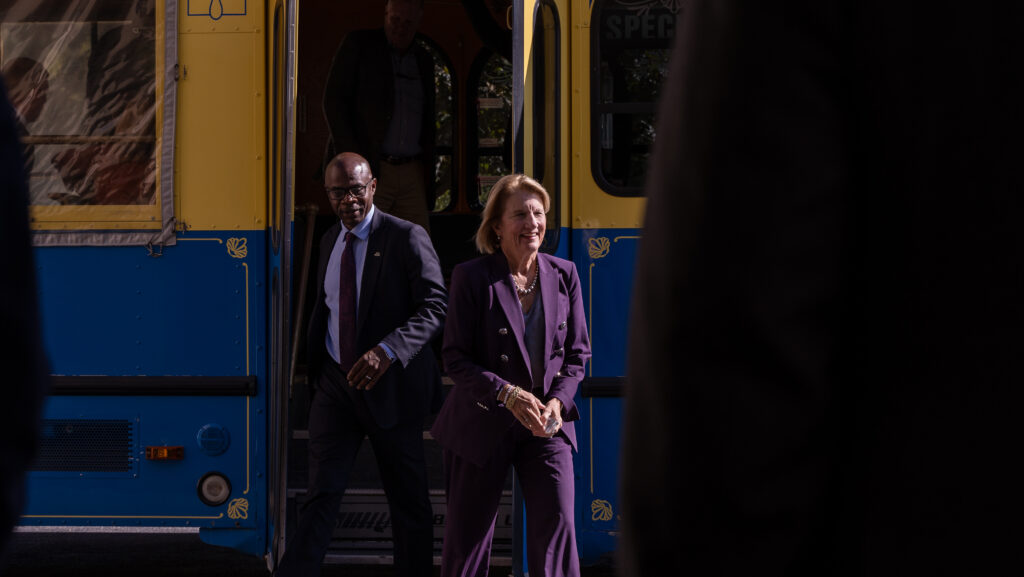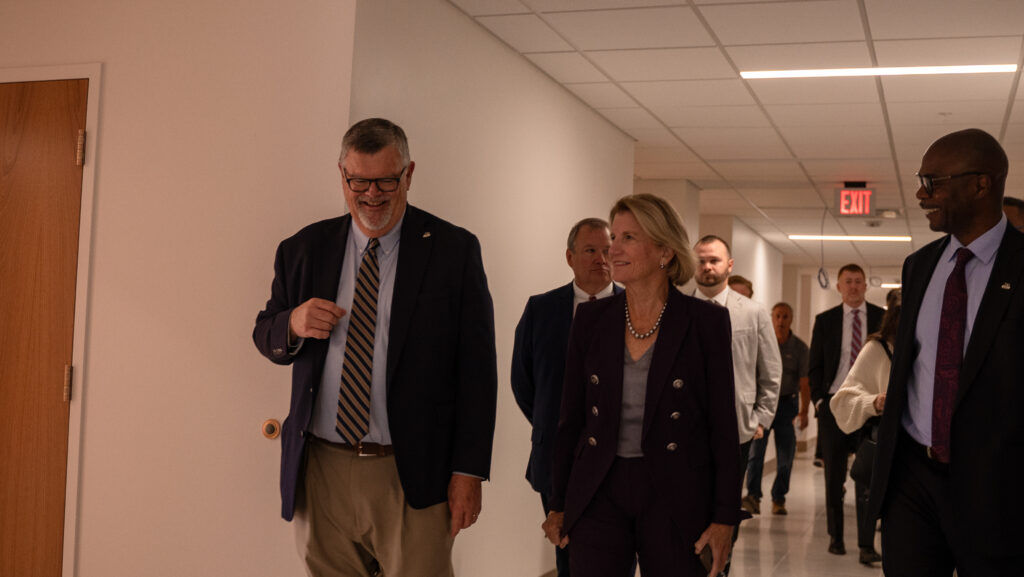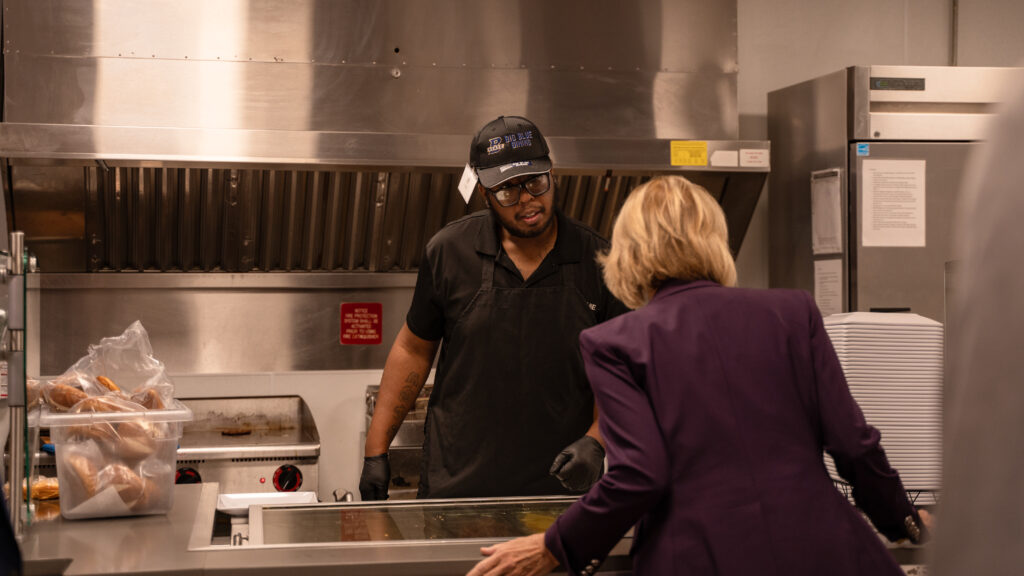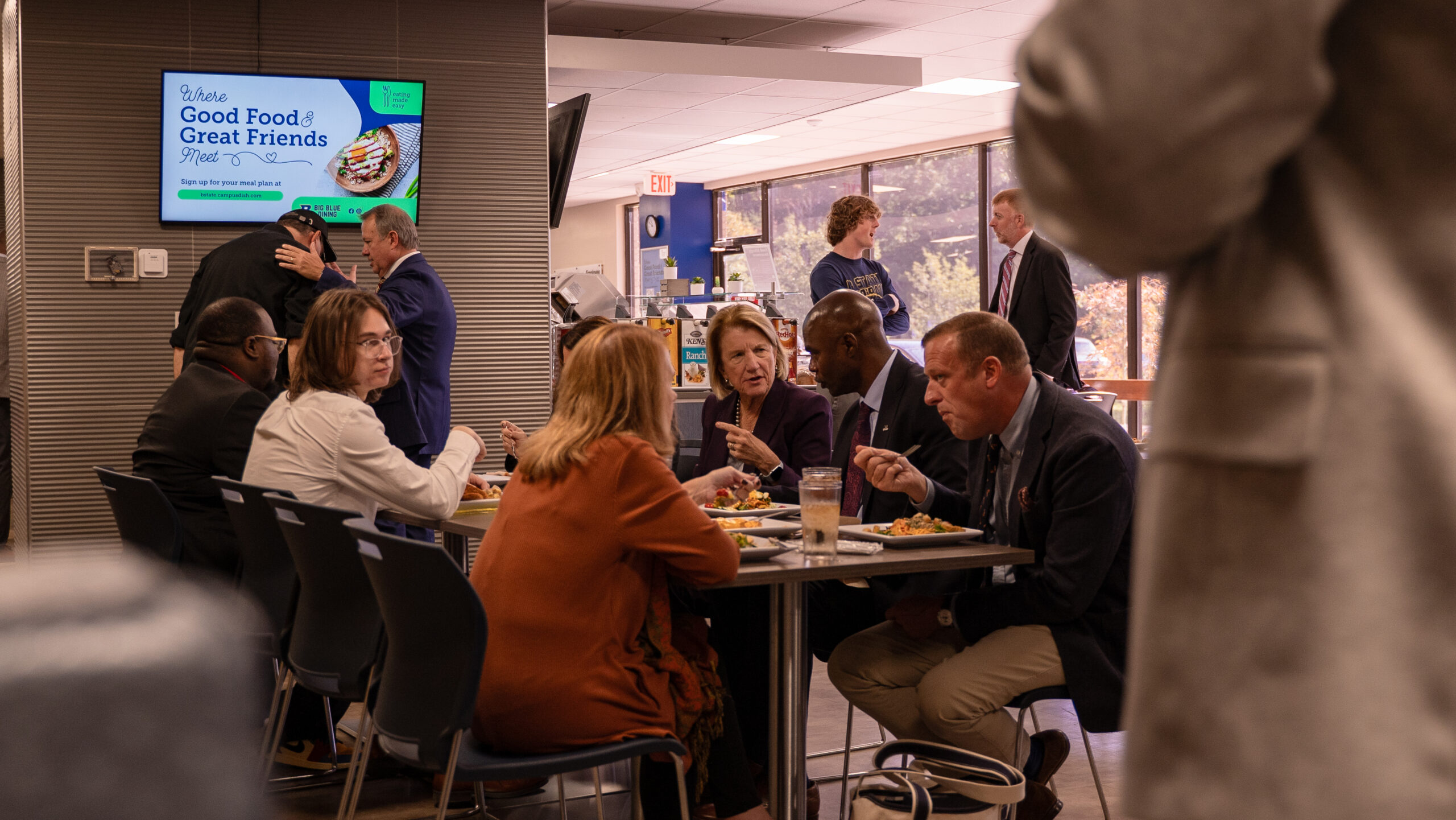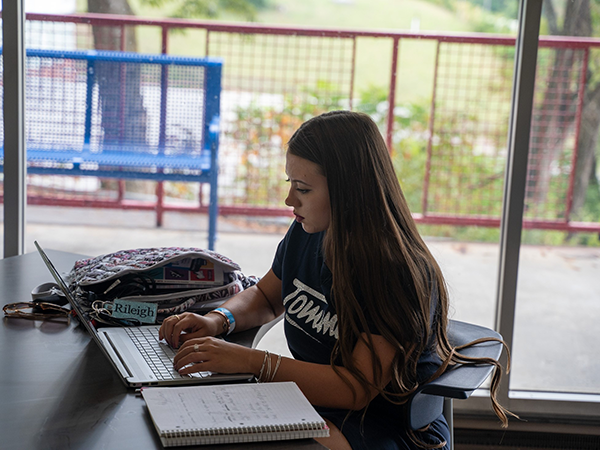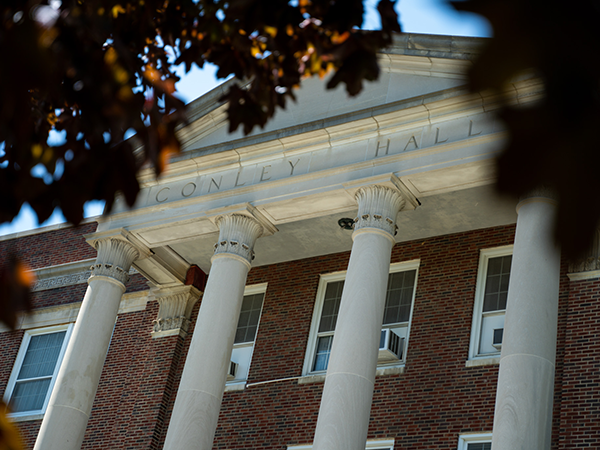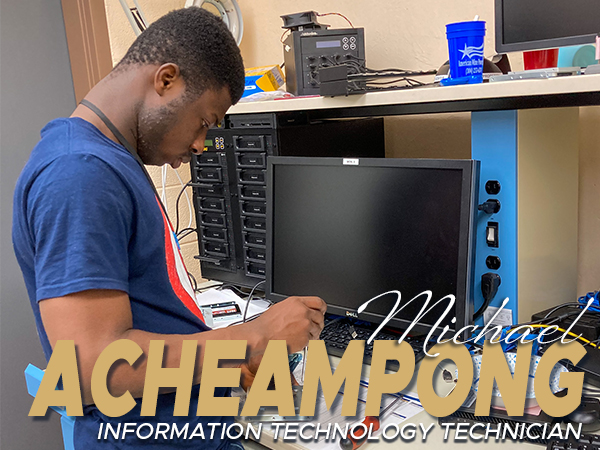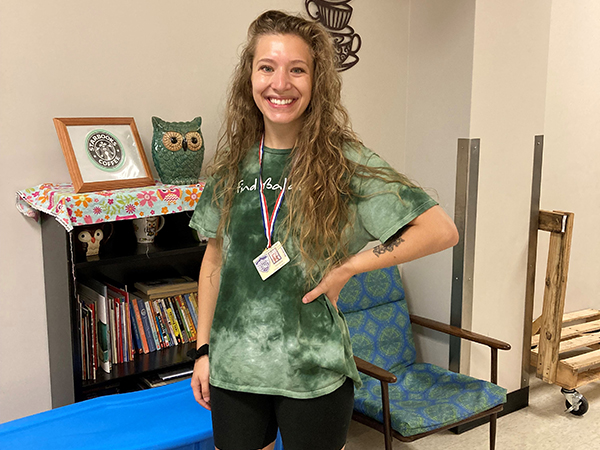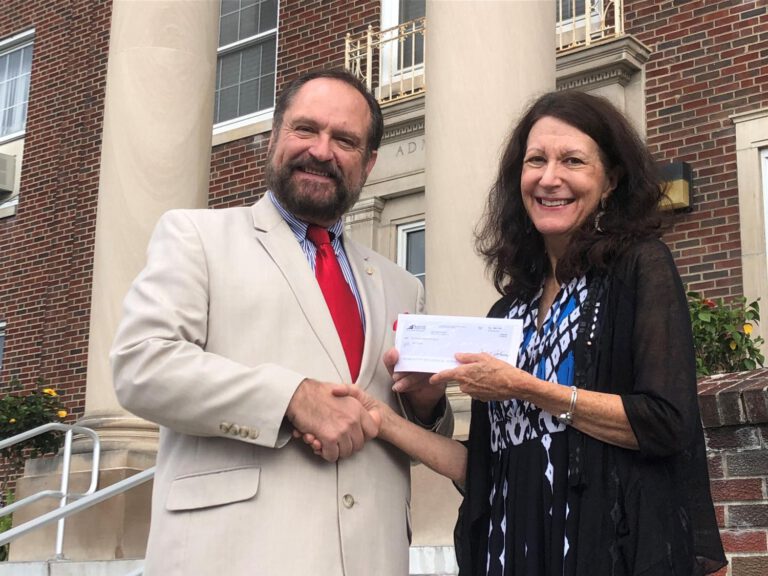Senator Capito Tours Bluefield State’s $7.4M Medical Education Center
Bluefield, WV – U.S. Senator Shelley Moore Capito (R-WV) visited Bluefield State University today to tour progress on its Medical Education Center, a state-of-the-art facility being constructed thanks in part to $7.4 million in federal funding she helped secure. The funding, which is part of a broader investment in healthcare infrastructure and education across West Virginia, will bolster the university’s efforts to train the next generation of healthcare professionals in the region.
“Investing in medical education is one of the most important steps we can take to ensure that West Virginians have access to high-quality healthcare.”
Senator Capito
“This new center at Bluefield State University will provide students with the tools and training they need to succeed in the medical field, while also helping to alleviate the healthcare workforce shortages we are seeing across the state and the country,” Senator Capito said. “Investing in medical education is one of the most important steps we can take to ensure that West Virginians have access to high-quality healthcare.”
During her visit, Senator Capito met with university and city leaders, faculty, and students to discuss the critical role the Medical Education Center will play in addressing the growing demand for healthcare services, particularly in underserved rural communities. The facility will feature cutting-edge simulation labs, advanced medical technology, and innovative classroom spaces designed to support a comprehensive healthcare education program.
The $7.4 million secured by Senator Capito will not only enhance the university’s academic offerings but also help strengthen the healthcare infrastructure throughout the Appalachian region by preparing highly skilled professionals in fields such as nursing, radiologic technology, and other critical healthcare services.
BSU Interim President Darrin Martin expressed gratitude for the senator’s support, stating, “This investment is a game-changer for our students and the communities they will serve. It will allow us to expand our medical programs and offer hands-on training opportunities in a modern, state-of-the-art facility. We are deeply appreciative of Senator Capito’s commitment to the future of healthcare in West Virginia.”
Bluefield State bought the former Bluefield Regional Medical Center from Princeton Community Hospital in December 2020 when the decision was made to permanently close the hospital’s inpatient and ancillary services earlier that year.
Since then the university has embarked on an ambitious, multi-phase plan to convert the space into a modern and innovative facility. The university has invested nearly $5 million to repurpose the facility to include a new cafeteria and dormitories, with space for over 230 students in a mix of single, double and triple occupancy rooms. The addition of dormitories provided BSU its first on-campus housing in more than 50 years.
Phase I includes ultra-modern classroom and office space including a true simulation facility for all allied health programs offered at BSU. Phase I is nearing completion with classes planning to begin with the spring semester starting in January.
Phase II of the rebuild will allow for the addition of a respiratory therapy program to BSU’s expanding portfolio of Allied Health degree offerings. This new program will join the university’s existing degrees in nursing, radiologic technology, and sonography, further solidifying Bluefield State as a leader in healthcare education in the region.
The respiratory therapy program is designed to meet the growing demand for skilled respiratory therapists in West Virginia and across the country. The program will prepare graduates to play a vital role in the healthcare system, particularly in settings such as hospitals, emergency rooms, and outpatient care facilities.
“Bluefield State University is committed to preparing the next generation of healthcare professionals, and the addition of the respiratory therapy program strengthens our ability to meet the healthcare needs of the region”
Dr. Angela Lambert, Dean of the College of Health Sciences
Interim President Martin added, “By offering students more pathways to pursue careers in high-demand health fields, we are helping to address workforce shortages while providing top-tier education and holding to our mission of serving our community and providing an affordable, accessible opportunity for public higher education.”
Senator Capito’s visit to the university underscores her ongoing commitment to improving healthcare access and educational opportunities for residents of West Virginia, particularly in rural areas that face unique challenges in maintaining a robust healthcare workforce.
Phase II construction at the Medical Education Center is expected to begin in early 2025, with the facility slated be complete by late summer.




